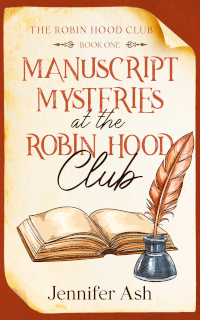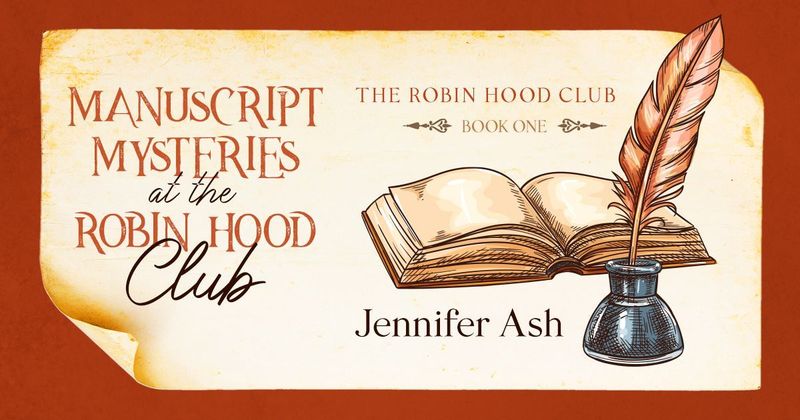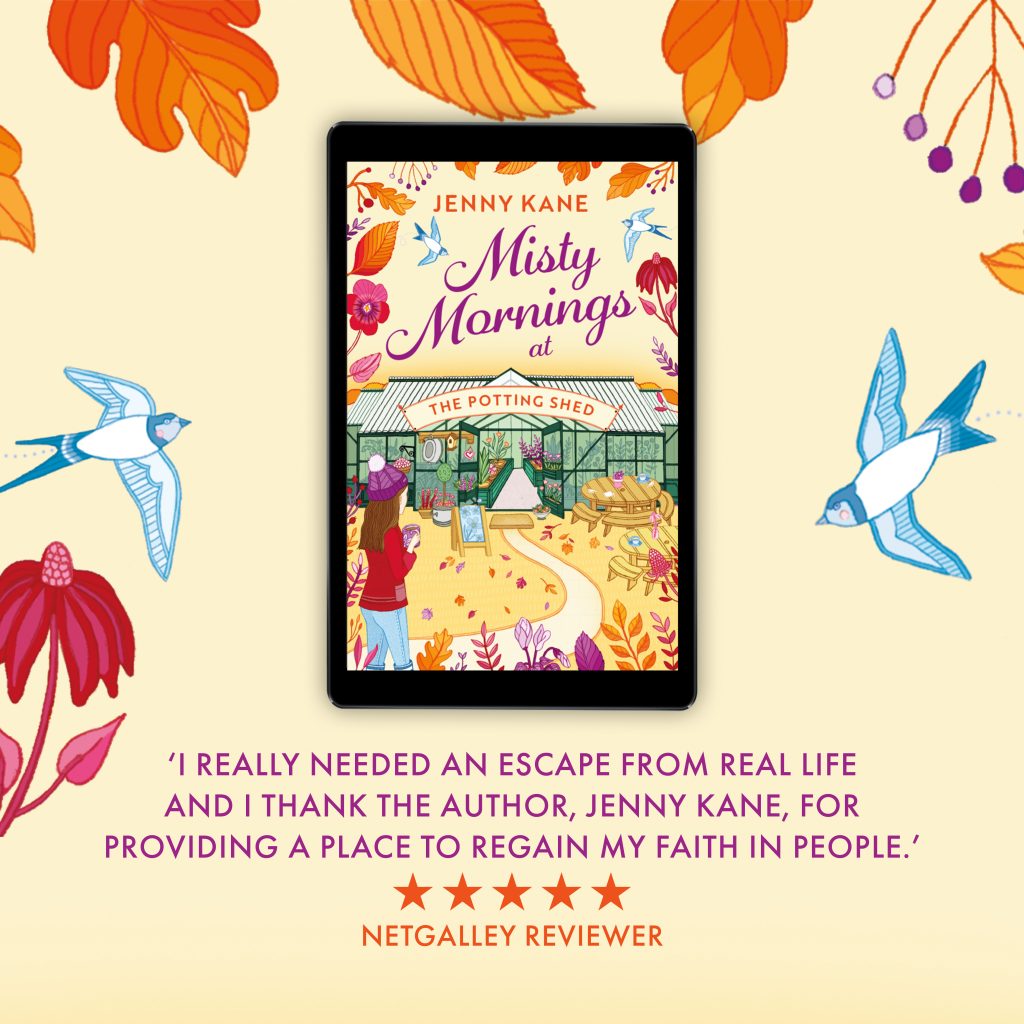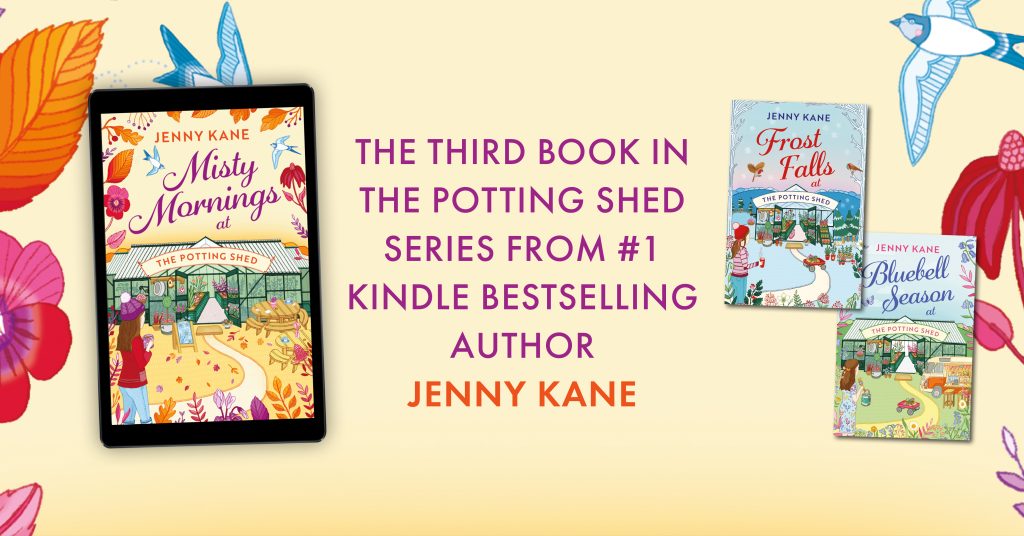It’s been a while since I’ve shared some of my Opening Lines. I’m putting that right today by sharing the first 500 words from…
Midsummer Dreams at Mill Grange
This is the first novel in my #bestselling #MillGrange #series
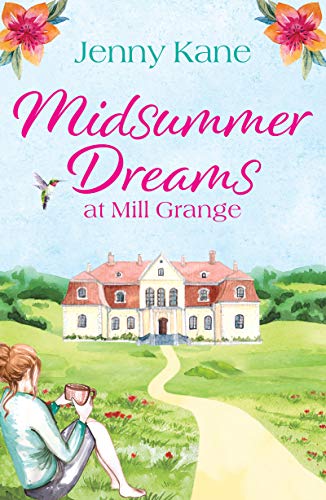
This story begins a set of four novels, introducing you to Thea Thomas, Tina Martin, Shaun Cowlson, Sam Philips, and the unstoppable Mabel Hastings.
Welcome to the beautiful Exmoor countryside, on the Somerset/Devon border! Adventures await, once the doors to Mill Grange are opened…

Blurb
A warm-hearted, feel-good romance from Jenny Kane, a Kindle #1 bestselling author.
Thea Thomas needs to get away from her old life… and the interfering ex who won’t leave her alone. When she lands a job heading up the restoration of Mill Grange, a stunning Victorian manor in Somerset, it feels like the perfect opportunity to start afresh.
What Thea didn’t anticipate was how hostile the volunteer team, led by the formidable Mabel Hastings, would be about accepting new leadership. And with the deadline looming before the grand opening, Thea is in desperate need of more volunteers.
A broadcast appeal on the local news attracts the interest of arrogant but undeniably attractive celebrity historian Shaun Cowlson, who wants to make a TV programme about the restoration. It’s hard enough adding one more big personality to the mix – but then her ex turns up as one of the volunteers! What seemed like a dream come true is fast becoming a total disaster! Can Thea find a way to save the manor?

FIRST 500 WORDS
Thea Thomas checked her mobile. EMERGENCY CALLS ONLY was written in bold type across the top of the screen.
She tried connecting to her Wi-Fi.
Nothing happened.
Relief made her shoulders sag, as a wide smile knocked away some of the nervousness she felt about starting a new job in an unfamiliar part of England.
Here, she could avoid the constant barrage of social media alerts and unwanted texts, calls and emails. Here, she could start over.
***
Positioned at the top of a high rise of land, not far from the southern border of Exmoor, the Victorian manor house called Mill Grange rose from the centre of a gravelled drive, taking command of the surrounding scenery. Three tiers of a once-loved terraced garden fell away from the house in tatty overgrown rows. At the foot of these gardens ran a semi-encircling band of encroaching woodland, which the Ordnance Survey map Thea was clutching declared to stretch down to the River Barle on one side and the meandering River Exe on the other.
Huddled beneath her thick jumper against the sharp March wind, Thea was enfolded in a sensation of freedom and peace. The very stillness of the air, the lack of any visible overhead wires or street lighting, made her feel as if she’d driven into a Victorian time capsule. A Roman historian and archaeologist to the bone, she felt daunted by the prospect of taking on the restoration of a manor centuries removed from her field of expertise. With its fourteen bedrooms, seven bathrooms, numerous associated rooms, outhouses, and the mill after which it was named, a quarter of a mile away on the edge of Upwich village, it was not a task for the faint-hearted. However, the early spring sunshine, which caused the house’s granite walls to glitter with welcoming promise, seemed to be telling her it was going to be alright.
Alongside her Roman studies at university, Thea had trained in industrial archaeology and museum management, and was well-qualified for the job in hand. But this challenge, to turn Mill Grange into a heritage centre, was vastly different from her last posting at the Roman Baths in Bath. She could feel herself prodding the outer edges of her comfort zone.
At least she wouldn’t have to face the unknown alone. Her best friend, Tina, had been associated with the project for some time. Then there was the team of volunteers who’d been working on restoring Mill Grange, on a casual basis, for the last five years. A tingle of anxiety dotted Thea’s palms as she wondered how they’d take to being guided in their endeavours after pleasing themselves for so long.
Flicking an unruly stray brown hair from her eyes, she circuited the outside of the manor house. Thea’s boots made satisfying crunching sounds against the gravel as she attempted to banish her nerves, peering through each window as she went. The eclectic mix of original Victorian and reproduction furniture and artwork she saw within took…
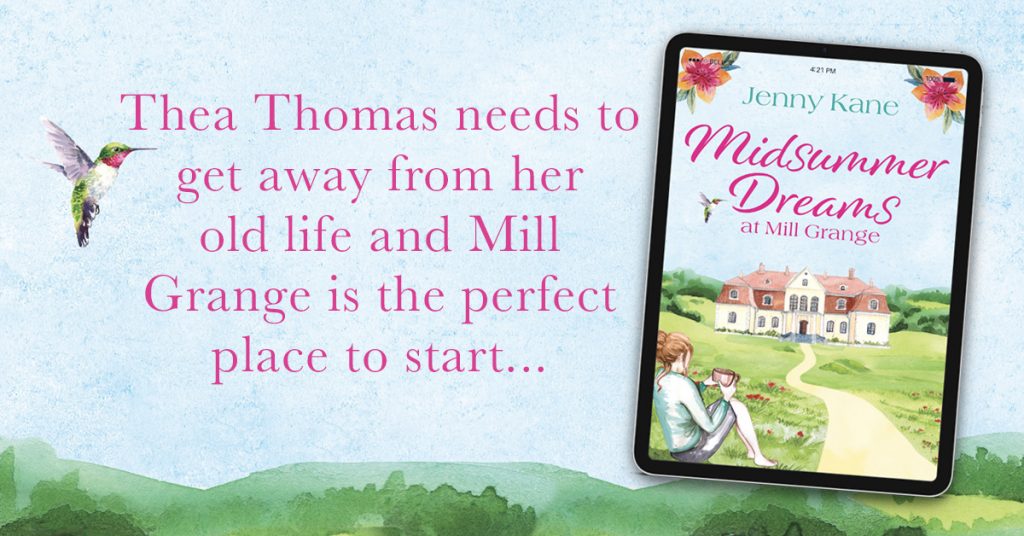
If you’d like to read on, then Midsummer Dreams at Mill Grange is now available as an eBook or paperback from all good retailers, including…
Midsummer Dreams is the first in the #MillGrange #series. It’s followed by Autumn Leaves at Mill Grange, Spring Blossoms at Mill Grange and Winter Fires at Mill Grange.
Happy reading everyone,
Jenny xx

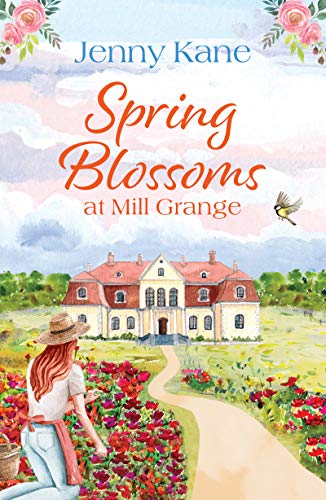

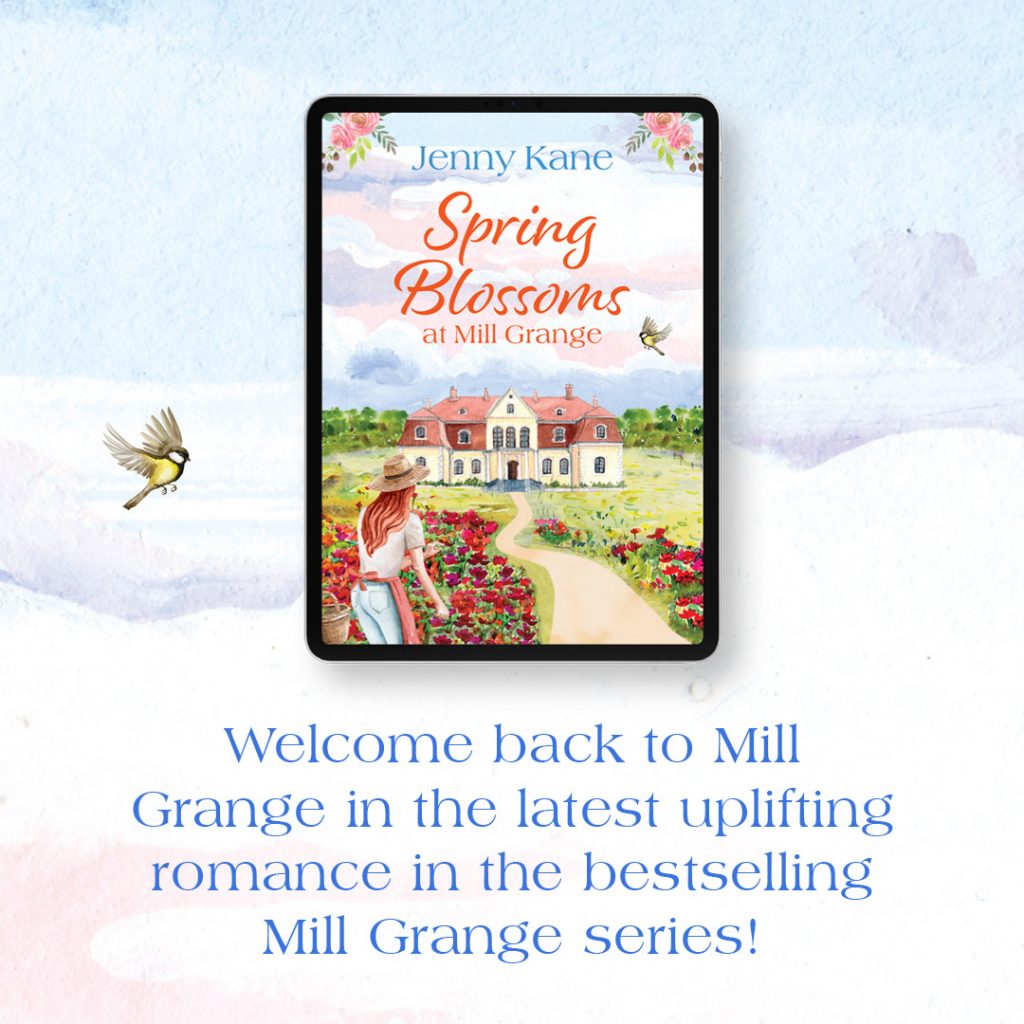


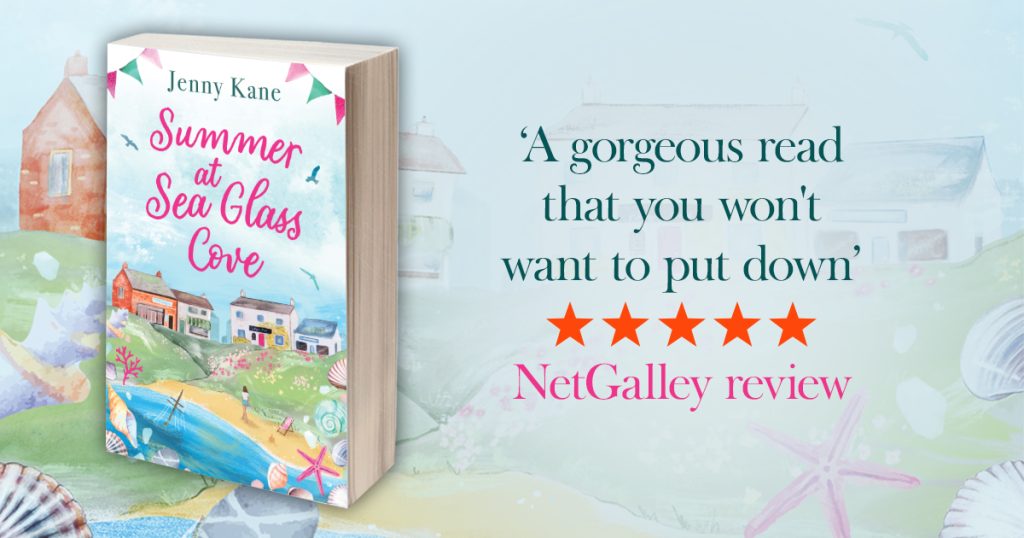



 Bio
Bio








